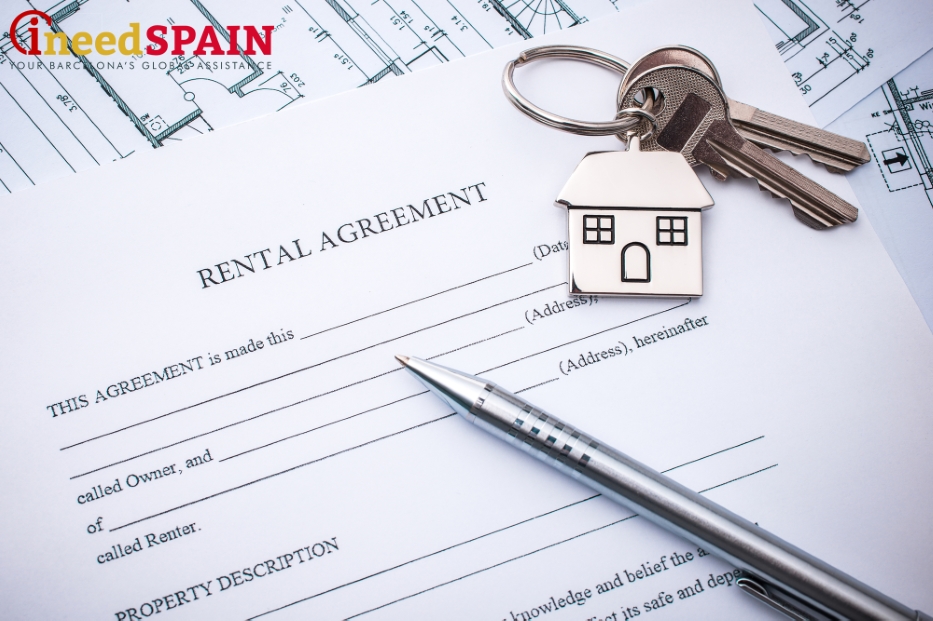
Although the Spanish economy has not yet reached pre-crisis indexes in terms of the employment and wage levels, rental housing prices in two main cities in Spain, Madrid and Barcelona, continue to grow. Curiously, this price increase coincides with another phenomenon: in the past three years, the actual number of signed rental contracts has decreased significantly. For example, in 2013, 9,909 rental contracts were signed in the Eixample area alone in Barcelona. By contrast, in 2015, only 8,538 contracts were signed.
Critically important is the fact that the augmentation of rental housing prices on the traditional real estate market is accompanied by the unprecedented growth in popularity of Airbnb, a platform that offers accommodation services and assistance in apartment searches and short-term rentals, primarily for the purpose of tourism. In 2014, the website contained advertisements for the rental of 4600 apartments and rooms; in contrast, today, the number of offers approaches 17,000. Such a massive leap could not but adversely affect the long-term rental market.
This phenomenon has caused experts to express their concerns, remarking that the “excessive” touristic attractiveness of Barcelona, in the long run, will produce negative consequences: the city will no longer be called “the city for life” but rather a “huge amusement park.”





